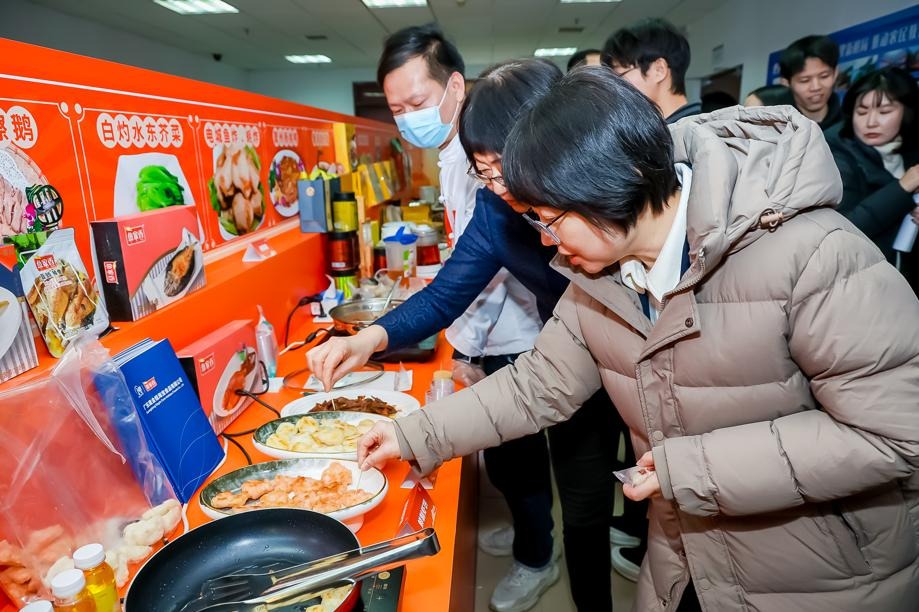Experts look ahead

The central government has introduced a string of favorable policies for Hong Kong since the city's return to the motherland. What do you think of the far-reaching impact these policies has had on Hong Kong and its people? Have you and your profession or industry benefited too?
Quentin Parker, director of the Laboratory for Space Research at the University of Hong Kong
Quentin Parker: Eventual fuller integration into the mainland and the Guangdong-Hong Kong-Macao Greater Bay Area especially is as inevitable as it is beneficial. This is because so much growth and opportunity will come from a region that is already almost as wealthy as the United Kingdom with a similar population spread across the 11 Bay Area cities. Integration does not mean everything has to be the same-quite the reverse. In multicultural global cities like London, Sydney and New York, there is integration into the overall system, but cultures and languages, cuisines and habits remain distinct and vibrant and can flourish and survive. Eventually, I believe transport to and from Hong Kong and the (rest of the) Bay Area will become almost seamless and second nature to tens of thousands of daily commuters. People will move for jobs, opportunities, family and lifestyle between the great cities of the Bay Area as a more-integrated special economic zone flourishes farther and wider.
Chandran Nair: These policies are very useful. The key now is to leverage these policies and encourage as well as nudge the young people of Hong Kong to go and experience the real Chinese mainland-travel, study, work-so they can understand the scale of the country, the challenges it faces, the nature of the political economy and how they can be part of what will inevitably be the biggest story for the next half century. We have benefited in many ways, but one is the opportunity to work with mainland organizations to allow young people and professionals from Hong Kong and the rest of the world to understand China better. The openness of China to these people is something else that should be used to promote understanding and peace.
There's no doubt that Hong Kong's links with the Chinese mainland have deepened on all fronts since 1997. Has deeper integration between Hong Kong and the mainland benefited yourself, your community and your profession or industry?

Allan Zeman, chairman of the Lan Kwai Fong Group
Allan Zeman: With Hong Kong having a close relationship with the mainland, it has a tremendous impact on our tourism industry as well as our financial services. The largest constituents of the Hang Seng Index are Chinese companies such as Tencent, Meituan and China Construction Bank. Such a huge business opportunity is incomparable in any other economy around the globe. In addition, with the high-speed infrastructure network between the mainland and Hong Kong, the "one-hour living circle" will give us more choices in making business decisions like the location for setting up our headquarters, offices and production plants, which can help my industry lower operational costs and enhance efficiency. With the integration between Hong Kong and the Guangdong-Hong Kong-Macao Greater Bay Area, it also presents great opportunities for the city.





































